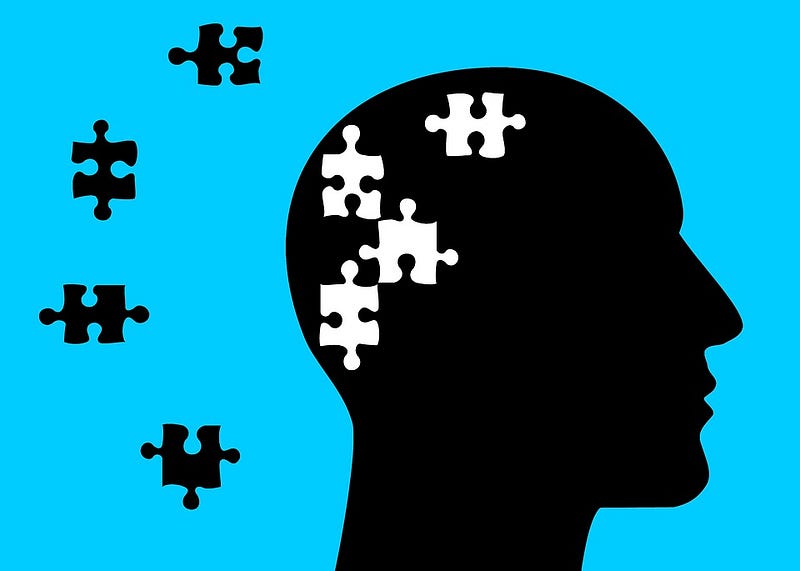
Hamilton College recently began conducting a campus-wide survey about student health and well-being called the Healthy Minds Survey. The survey is administered by the Healthy Minds Network (HMN). HMN is a multidisciplinary team of scholars from a variety of fields, including education, medicine, and psychology, and is based at the University of Michigan and Boston University. Since its national launch in 2007, over 180 colleges and universities have used the Healthy Minds Survey, with over 200,000 total survey respondents.
HMS is one of the only annual surveys on college and university populations that focuses exclusively on mental health and related issues. The study has a special emphasis on understanding service utilization and health-seeking behavior, including factors such as stigma, knowledge, and the role of peers and other potential gatekeepers. The study also allows colleges and universities to examine how mental health symptoms predict academic outcomes (GPA and retention).
The survey was last offered to Hamilton students during the 2015–2016 academic year. At that time, 828 students responded. 34 percent of respondents were students of color, and 16 percent of respondents identified as part of the LGBTQ+ community.
Because HMS is a nationally normed survey, it allows Hamilton administrators to better understand how the mental health of its student population compares with a national sample, and gives the Hamilton community insight into the overall wellness of its student population over time. The survey also allows the Counseling Center to better understand Hamilton students’ utilization of mental health related services and their awareness of the different services offered.
“You want to track over time shifts and changes in the population,” said David Walden, Director of Hamilton’s Counseling Center. “You want to do a survey, and then implement some changes in your system, and then survey again, to see what the impact is.”
There have been many changes in the administration’s approach to student mental health since the Healthy Minds Survey last ran three years ago.
One of these changes is Hamilton’s engagement in a consultation with the JED foundation, a non-profit organization that strives to protect emotional health and prevent suicide for teens and young adults in the U.S. The College’s consultation with JED has led to adjustments in how it approaches student wellness on a systemic level.
The JED consultation has aided in placing amnesty policies on Hamilton’s website and Counseling center Websites within two clicks of the website’s homepage. Additionally, the JED consultation has helped school administrators launch messaging campaigns related to mental health and conduct suicide prevention and intervention training programs on campus.
The new health center, the Johnson Wellness Center, also opened this year. Psychiatric and dietician services have gone from being offered one to three days a week, and the Counseling Center has increased its staff size. Students can now get acupuncture or relax and recharge in the new Wellness Room.
David Walden hopes that the Healthy Minds Survey will help administrators better understand the effects of these recent changes as well as provide insight into what the administration can do to better address students’ mental health needs on campus.
“[HMS] lets us look at the overall population and see how many students are struggling [with mental health related issues], and compare it with the counseling center data and see how many are coming in,” Walden said. “It’s not an exact science, but it lets us get a sense of whether there are unmet needs on campus.”
HMS comes at no extra cost to the College because it is included in the JED consultation. The survey will run for a few more weeks, with results expected to be available to the Counseling Center in the summer.

















